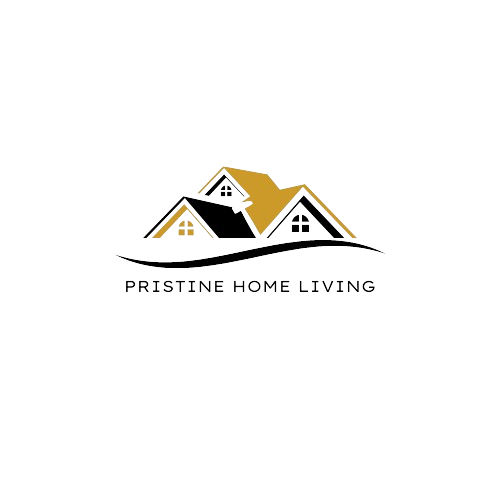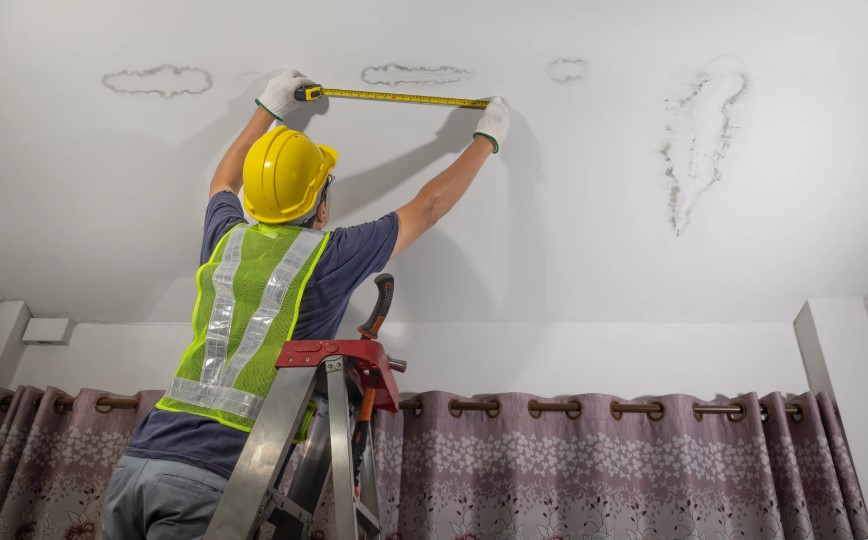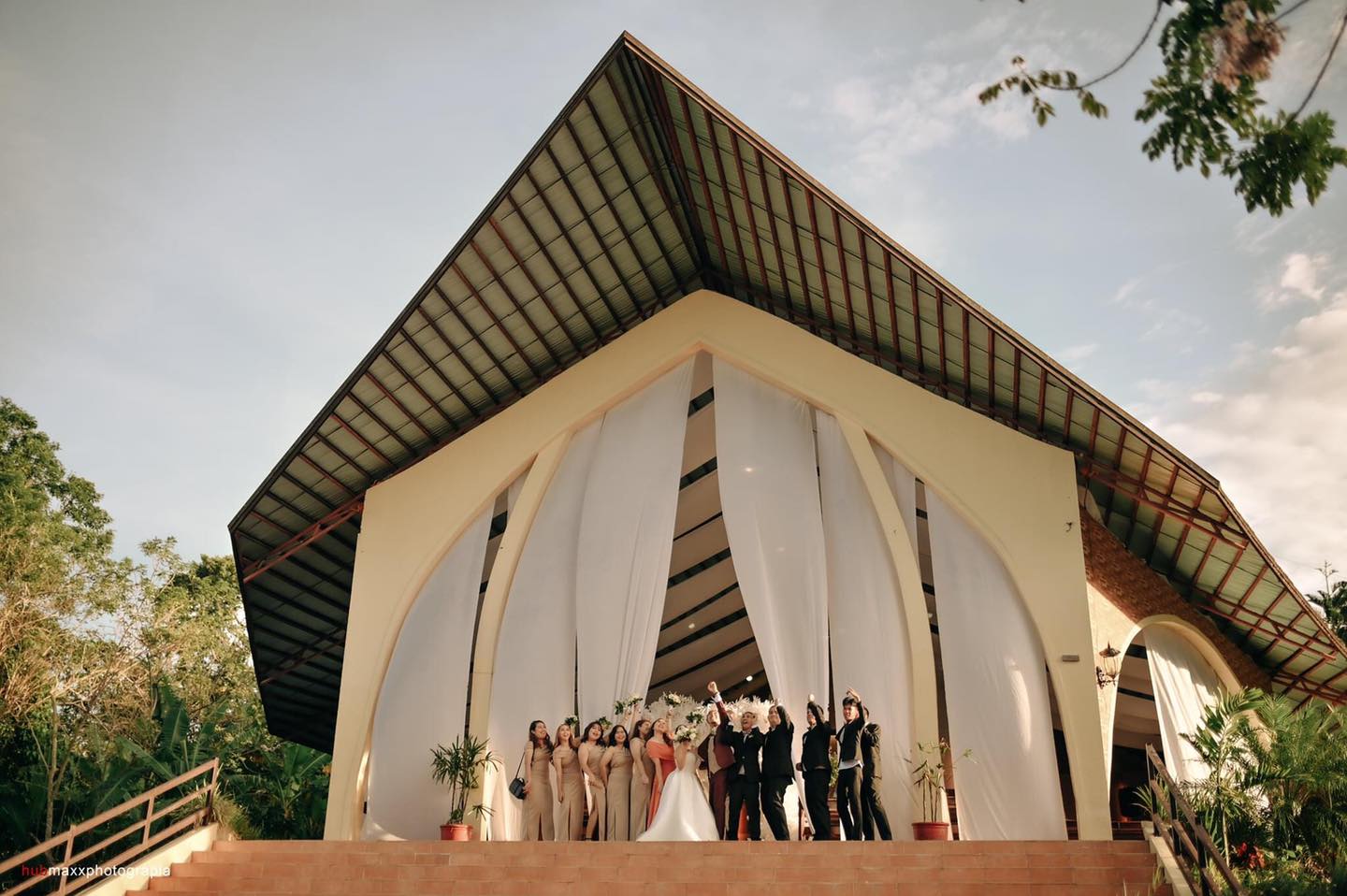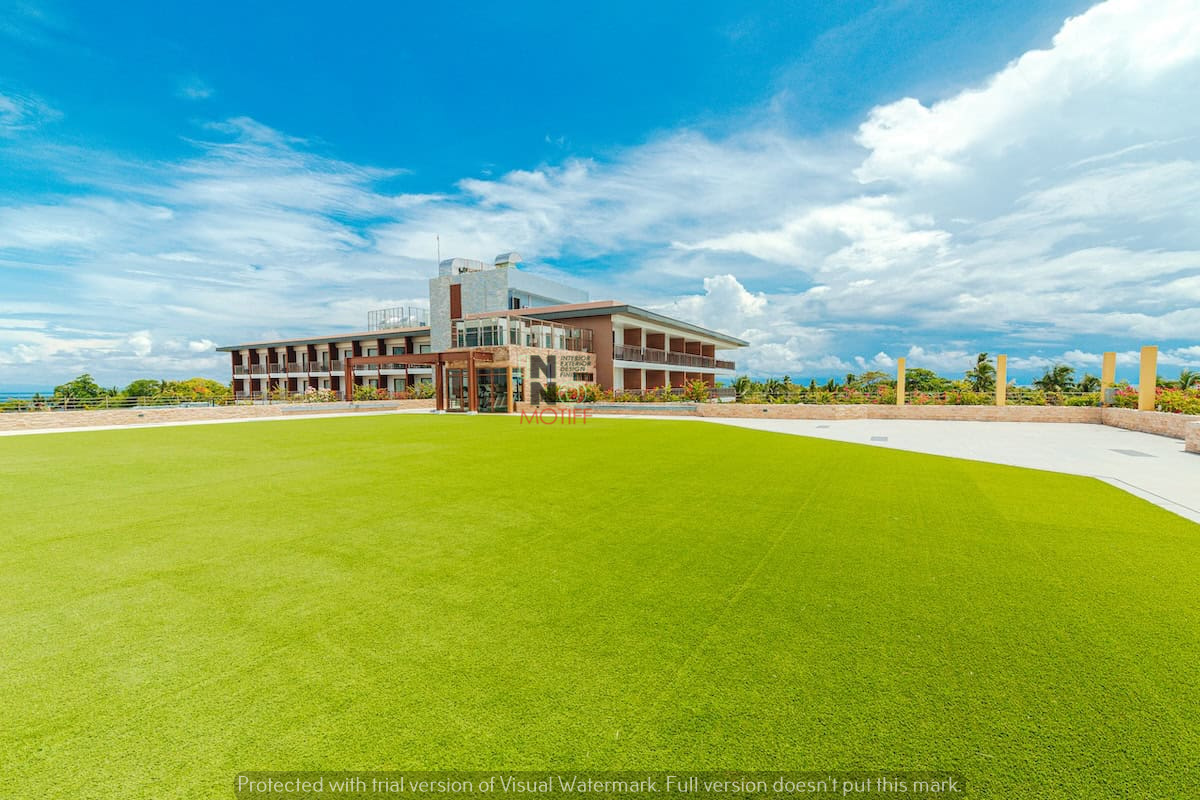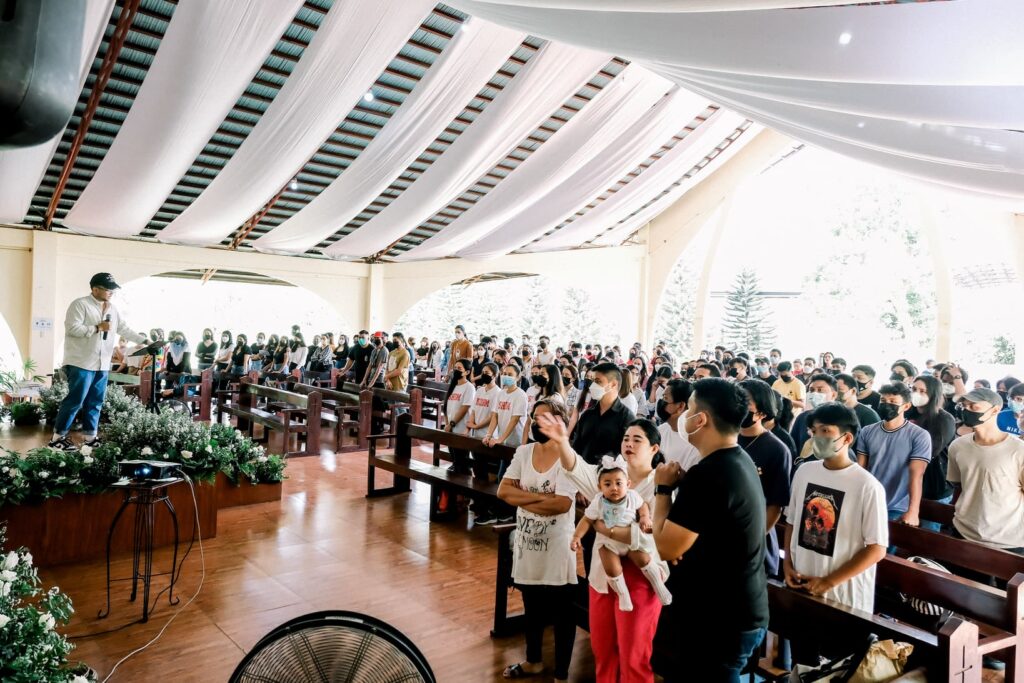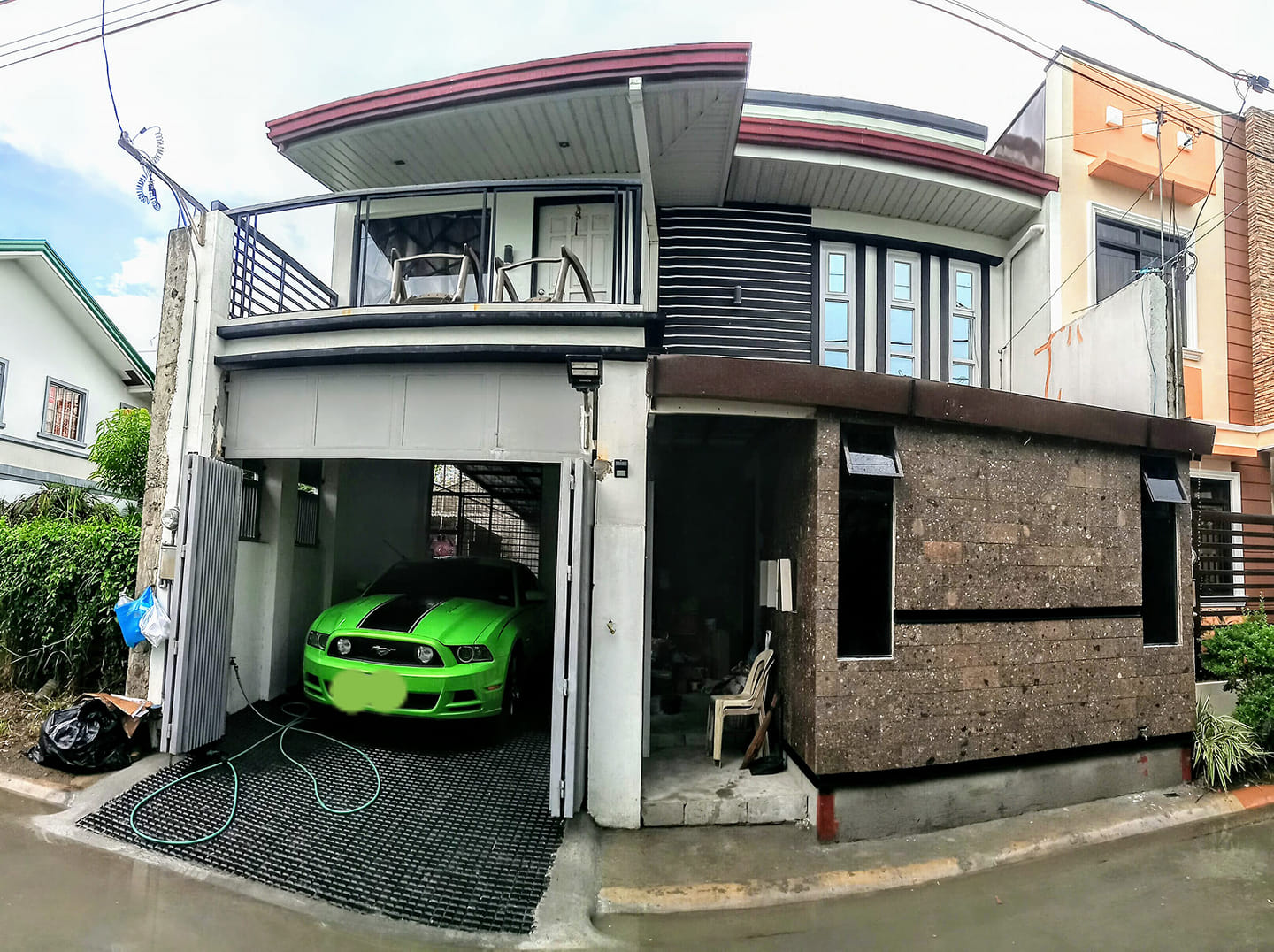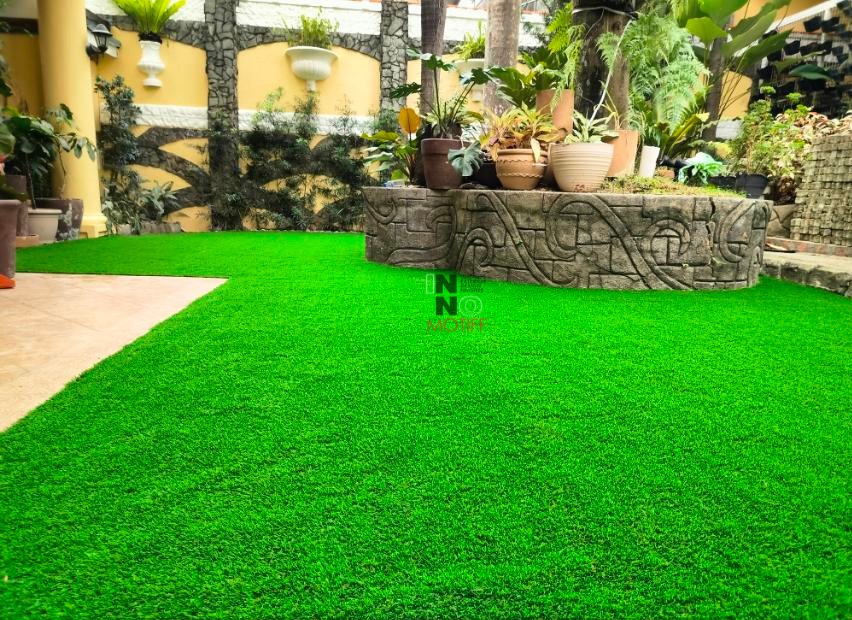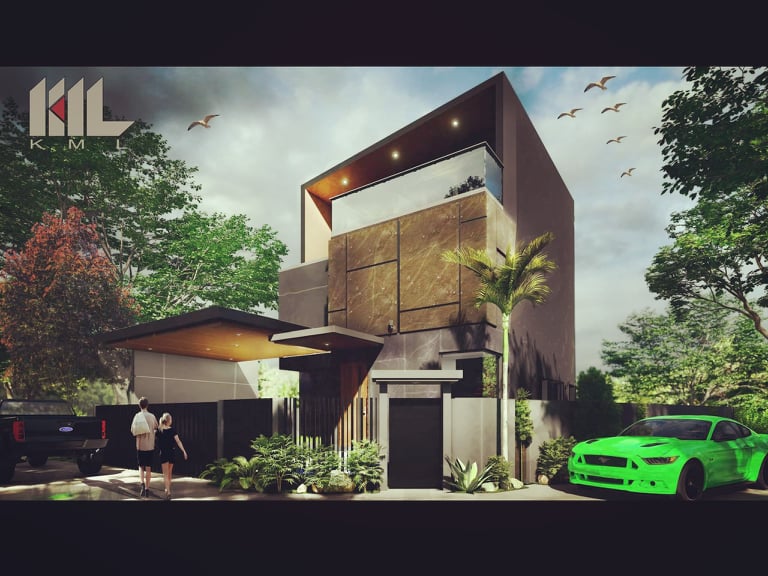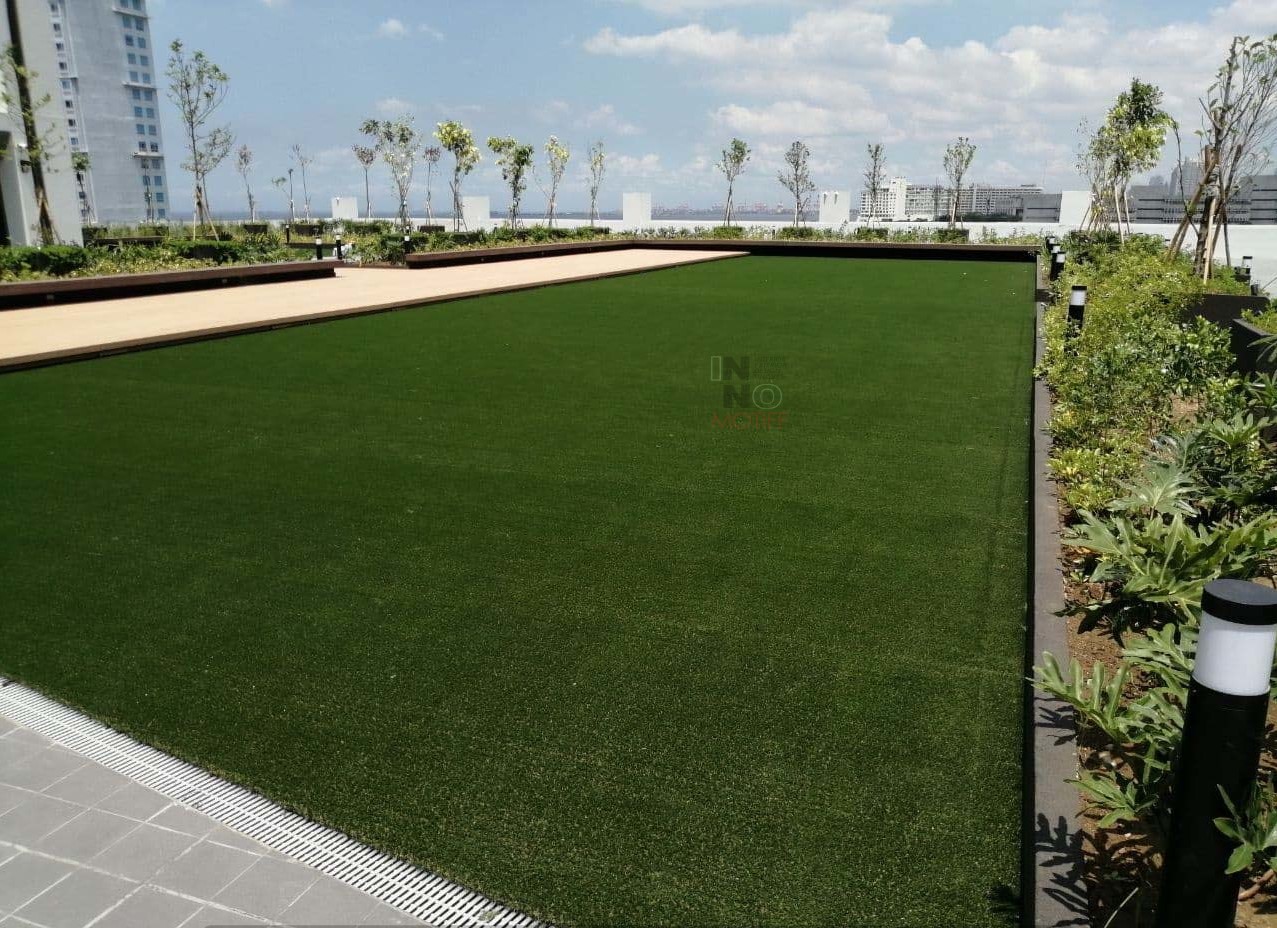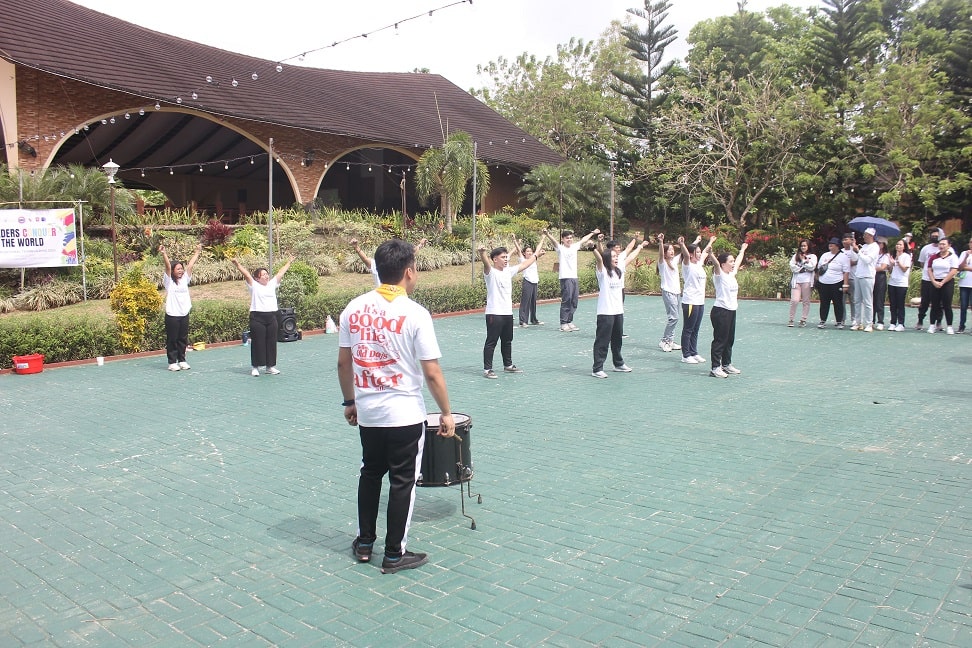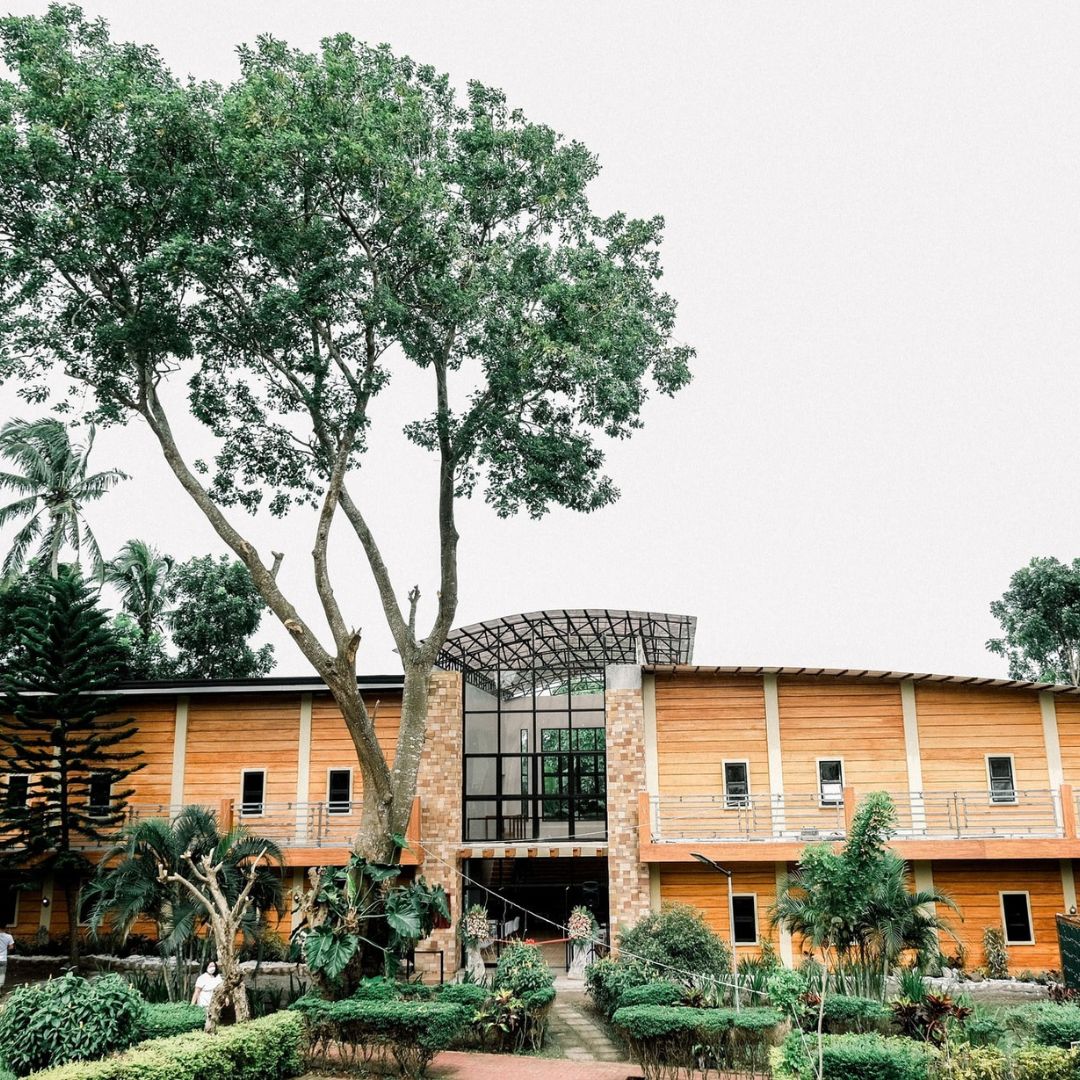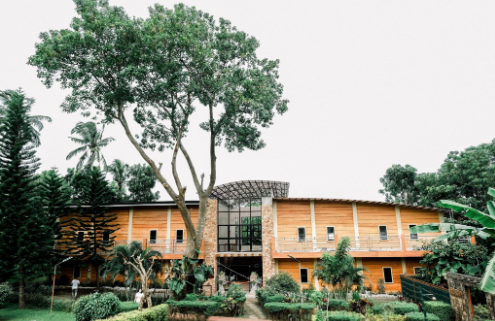Facade inspection in Singapore plays a crucial role in maintaining building safety and ensuring compliance with regulatory standards. Buildings, especially high-rise structures, face constant exposure to weather, pollution, and wear over time. Regular facade inspections help detect potential hazards before they escalate into serious problems, safeguarding both occupants and the public. Engaging a trusted company like Proof-Tech Waterproofing & Maintenance Pte Ltd. ensures that inspections are thorough, accurate, and compliant with Singapore’s strict building regulations.
What is Facade Inspection?
Facade inspection in Singapore involves a systematic evaluation of a building’s exterior to assess its condition and identify any structural issues. Inspections can range from basic visual checks to more advanced technical assessments using drones, laser scanning, and thermal imaging. These inspections focus on detecting cracks, water leaks, corrosion, or other signs of deterioration that could compromise structural integrity. Singapore’s Building and Construction Authority (BCA) mandates regular facade inspections for high-rise buildings, emphasizing the importance of compliance and safety. Proof-Tech Waterproofing & Maintenance Pte Ltd. provides expert facade inspection services, ensuring that all assessments meet regulatory standards.
Importance of Facade Inspection for Building Safety
Regular facade inspection in Singapore is essential for preventing accidents caused by falling debris or structural failures. Early detection of cracks, spalling concrete, or corrosion can prevent minor issues from becoming major hazards. By addressing these problems promptly, building owners protect residents, employees, and the general public. Additionally, inspections help maintain the structural integrity of buildings, ensuring long-term safety and reducing the risk of costly repairs. Choosing Proof-Tech Waterproofing & Maintenance Pte Ltd. guarantees professional inspections that prioritize safety and provide actionable solutions.
Compliance with Singapore’s Regulations
Facade inspection in Singapore is not just about safety—it is a legal requirement. The BCA enforces strict facade safety programs that mandate inspections for high-rise buildings every five years, or more frequently if issues are detected. Non-compliance can result in penalties, fines, or legal liability in the event of accidents. Engaging a certified company like Proof-Tech Waterproofing & Maintenance Pte Ltd. ensures that all inspections adhere to BCA guidelines, helping building owners stay compliant and avoid unnecessary legal complications.
Benefits of Regular Facade Inspections
Regular facade inspection in Singapore offers numerous benefits beyond compliance and safety. Early identification of structural issues reduces long-term maintenance costs and prevents emergency repairs that can disrupt building operations. Inspections also help preserve the aesthetic appeal of buildings, boosting their value and reputation. Property owners and managers gain peace of mind knowing that their building is structurally sound and safe for occupants. Proof-Tech Waterproofing & Maintenance Pte Ltd. provides comprehensive reports and maintenance recommendations, ensuring that all identified issues are addressed efficiently.
Modern Techniques in Facade Inspection
Advancements in technology have made facade inspection in Singapore more accurate and efficient. Drones provide high-resolution images of building exteriors, allowing inspectors to assess hard-to-reach areas safely. Laser scanning and 3D modeling help detect structural deformations, while thermal imaging identifies water ingress or insulation issues. By leveraging these modern tools, Proof-Tech Waterproofing & Maintenance Pte Ltd. delivers precise and reliable inspections that minimize risk and enhance overall building safety.
Choosing a Professional Facade Inspection Company
Selecting the right company for facade inspection in Singapore is critical. Building owners should consider certification, experience, technology used, and the company’s track record. Proof-Tech Waterproofing & Maintenance Pte Ltd. stands out as a leading provider due to its expertise, compliance with BCA regulations, and use of advanced inspection technology. Professional inspections not only ensure compliance and safety but also provide actionable insights for building maintenance and longevity.
Takeaway
Facade inspection in Singapore is indispensable for ensuring building safety, regulatory compliance, and long-term property value. Regular inspections help detect potential hazards, prevent accidents, and reduce maintenance costs. Partnering with a reliable company like Proof-Tech Waterproofing & Maintenance Pte Ltd. guarantees thorough inspections, professional guidance, and peace of mind for building owners and managers. Prioritizing facade inspection is not just a regulatory requirement—it is a commitment to safety, quality, and responsible building management.
FAQ
Q1: How often should facade inspections be conducted in Singapore?
Facade inspections are typically required every five years for high-rise buildings, with more frequent checks if structural issues are identified.
Q2: What does a typical facade inspection involve?
A facade inspection in Singapore includes visual assessments, technical evaluations using drones or laser scanning, and reporting any cracks, corrosion, water ingress, or structural damage.
Q3: Are facade inspections mandatory for all buildings?
High-rise buildings must comply with BCA regulations for facade inspections. Other buildings may also benefit from periodic checks to ensure safety.
Q4: How much does a facade inspection cost in Singapore?
Costs vary based on building size, inspection complexity, and technology used. Engaging experienced companies like Proof-Tech Waterproofing & Maintenance Pte Ltd. ensures cost-effective, comprehensive inspections.
Q5: What happens if a building fails a facade inspection?
Failure to pass a facade inspection requires immediate remedial actions, which may include repairs, maintenance, or further structural assessments to meet safety and compliance standards.
